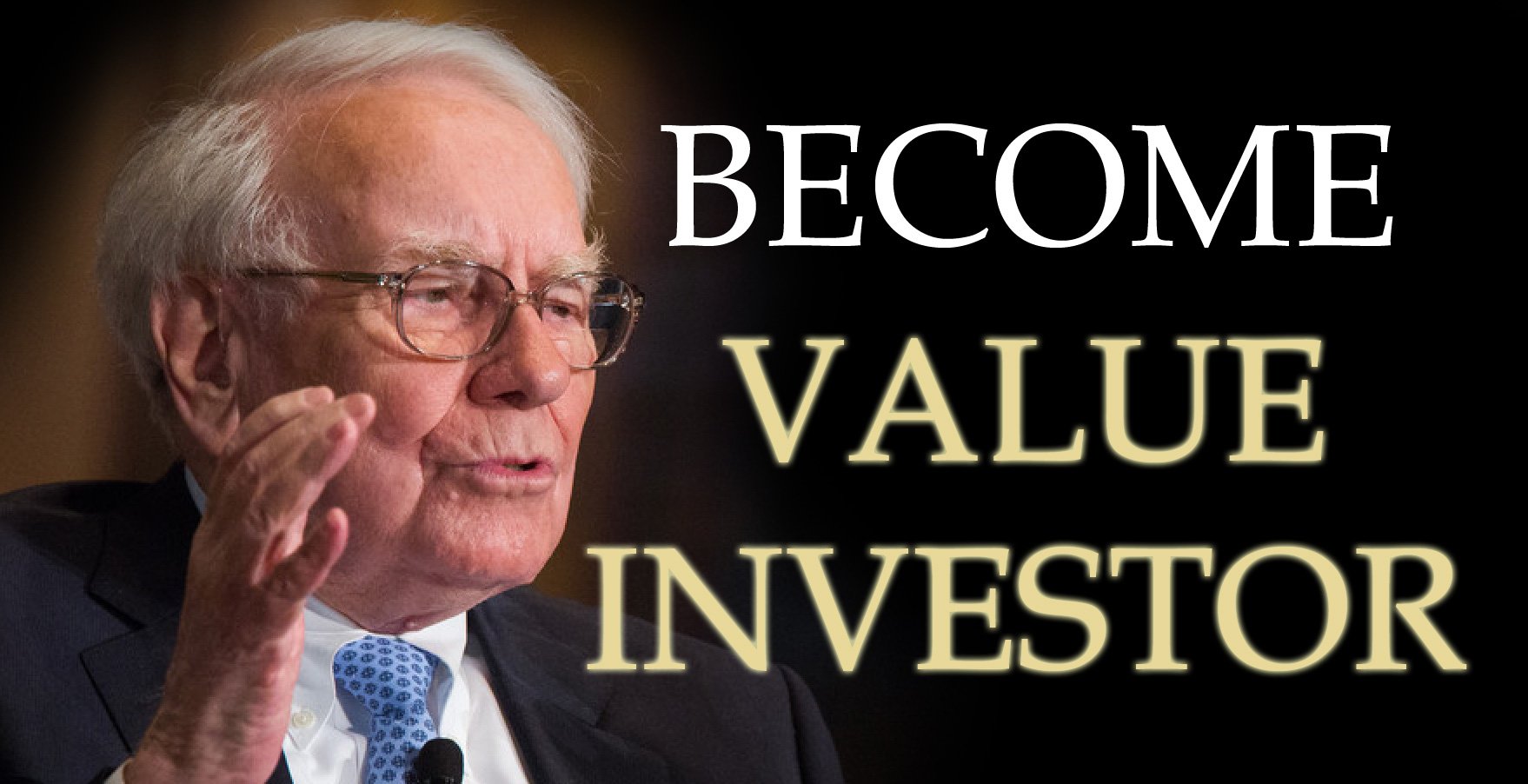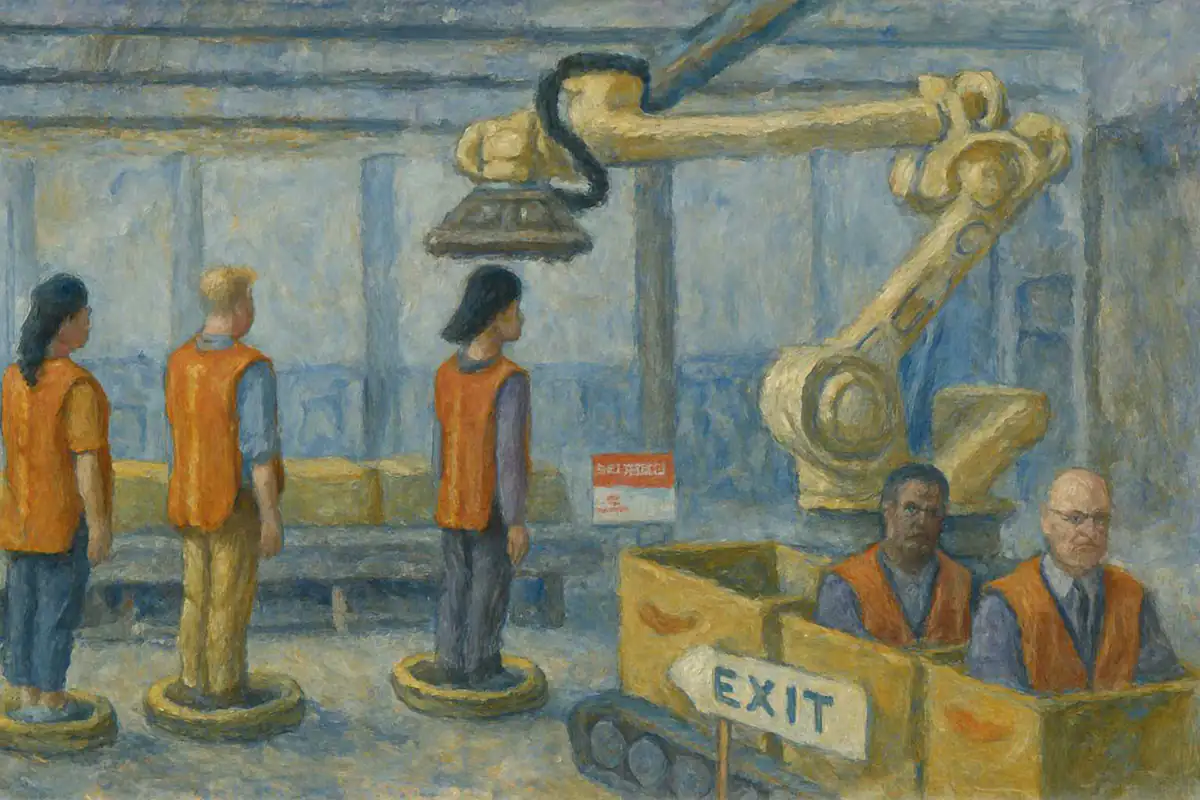I rarely share letters we write to IMA’s clients, but I decided to share this “Value Investor’s Manifesto” I wrote for our clients in July. It should be a helpful tool to frame recent volatility in an appropriate perspective. It’s just eight pages long, but it’s probably one of the most important pieces of writing I have done in a long, long time. Here is the first part, the introduction.
Manifesto
By Vitaliy Katsenelson, CFA
Part One: Introduction
The relationship between a client and a money manager is like a marriage: even if you’re married to the right person, it’s just a matter of time before your relationship will hit hard times that test the strength of your marriage. After all, life is not linear, it’s full of ups and downs. The downs will ultimately test a couple’s commitment to one another.
Just like life, stock returns are anything but linear. Over the last one hundred-plus years, stocks returned about 11% a year on average. But if you were to look at stock market returns on an annual basis, they were usually anything but 11%. This 11% average is the culmination of a very combustible mixture of numbers that individually bear very little resemblance to the average they result in.
Side effects of nonlinearity of stock behavior clearly show up in investor returns. The financial services market research firm DALBAR studied historical returns of mutual funds and actual (realized) returns of investors who invested in those mutual funds. DALBAR’s findings were stunning. For decades fund investors had significantly underperformed the mutual funds they invested in, not by a percent or two but by a mile, capturing only a small fraction of the returns of those mutual funds.
For a civilian (nonprofessional) investor, understanding the investment process of a fund manager is usually difficult. Often, performance is the only thing investors can judge objectively, so recent performance overshadows all other metrics. Investors compare the most recent returns of their favorite new mutual fund versus the returns of the one they’re holding. If the new mutual fund has done better recently, they’ll sell the old one and buy the new one. This often results in buying high and selling low.
Any money manager, whether he is managing separate accounts or a mutual fund, will go through stretches where he looks smarter or dumber than he really is, though his IQ hasn’t actually changed.
When we look smarter than we are, we’re not worried about what clients think of us (though we try to temper their expectations of our future brilliance). At that point our biggest concern is our own self-perception: we don’t want success to go to our heads and result in overconfidence.
On the flip side, it’s just a matter of time before we look dumber than we are, and that’s when our relationship with a client gets tested. Especially if it’s a very new relationship and the client hasn’t had a chance to experience our brilliance.
Historically, value investing (owning undervalued companies) has done significantly better than other strategies. Paradoxically, the reason it has done well in the long run is because it did not work consistently in the short run. If something works consistently (key word), everybody piles into it and it stops working.
These aforementioned cycles of temporary brilliance and dumbness are not just common to us mere mortals. Even Warren Buffett’s Berkshire Hathaway goes through them. As just one example, in 1999, when the stock market went up 21% Berkshire Hathawaystock declined 19%. In 1999 the financial press was writing obituaries for Buffett’s investment prowess.
Suddenly, in 1999 Buffett’s IQ was lagging the market by 40%. At the time investors were infatuated with internet stocks that were not making money but that were supposed to have a bright future. Investors were selling unsexy “old economy” stocks that Buffett owned to buy the “new economy” ones.
If at the end of 1999, you were to sell Berkshire Hathaway and buy the S&P 500 instead, you would have done the easy thing, but it would have been a large (though very common) mistake. Over the next three years Berkshire Hathaway gained over 30% while the S&P declined over 40%. During the year 1999 Buffett’s IQ did not change much; in fact the (book) value of businesses Berkshire Hathaway owned went up by 0.5% that year. But in 1999 the market’s attention was somewhere else and it chose to price Berkshire Hathaway 19% lower.
Where are we going with this? We look at the relationship with our clients as a partnership. For this partnership to work we need to communicate on the same wavelength. In this letter we would like to establish this common wavelength.
Part Two: The Values of Value Investing
If you’re interested in reading the rest of the Manifesto, we converted it into an 8-email series titled “How to Make Your Investments Succeed in the Long Run.” To receive the emails, follow this link or this https://investor.fm/the-6-commandments-of-value-investing/









0 comments
0